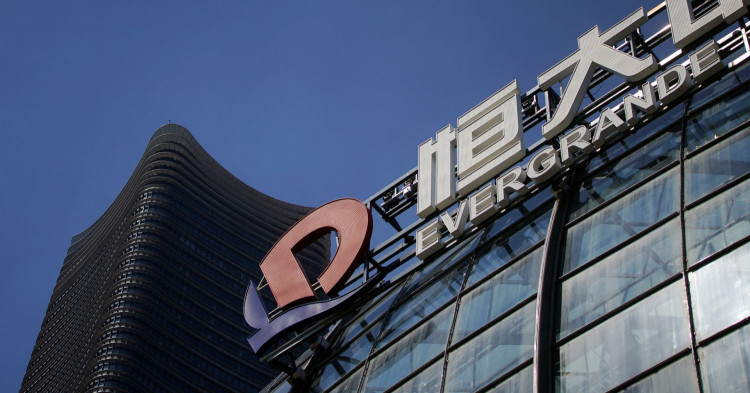In a move that has sent shockwaves through the global financial community, China's Evergrande Group, once the nation's second-largest property developer, has officially filed for bankruptcy in New York. This development is the latest chapter in a saga that has seen the beleaguered firm default on its massive debt, igniting a significant property crisis in China's economy.
Evergrande's financial woes began in earnest in 2021 when it defaulted on its debt. This default not only impacted the company but also had a ripple effect on China's property markets, affecting homeowners and the broader financial system in the country. The default came at a time when Beijing was actively cracking down on excessive borrowing by developers, aiming to control skyrocketing housing prices. Since Evergrande's financial collapse, other major developers in China, including Kasia, Fantasia, and Shimao Group, have also defaulted on their debts. Adding to the concerns, another real estate giant, Country Garden, recently hinted at potential debt restructuring, intensifying speculation about the company's financial health.
The magnitude of Evergrande's operations is vast, with the company boasting over 1,300 real estate projects spread across more than 280 cities. Beyond real estate, Evergrande has diversified its portfolio, venturing into businesses ranging from electric vehicles and healthcare to theme parks. However, despite its expansive operations, the company has grappled with significant financial challenges. By the end of the previous year, Evergrande's debt had ballooned to a staggering 2.437 trillion yuan (approximately $340 billion), equivalent to about 2% of China's entire GDP. Furthermore, the company disclosed a loss of $81 billion of shareholder money in 2021 and 2022.
In an attempt to navigate its financial quagmire, Evergrande recently unveiled a comprehensive debt restructuring plan, touted as China's largest to date. The company announced "binding agreements" with its international bondholders on the primary terms of this plan. Evergrande's statement on the restructuring emphasized its intention to alleviate offshore indebtedness pressures and to resume normal operations. However, the company also highlighted the need for additional financing, estimated between $36.4 billion to $43.7 billion, to achieve its goals. A significant concern was the potential shutdown of its electric vehicle unit without new funding. In a positive development, Dubai-based automobile company NWTN recently announced a $500 million strategic investment in Evergrande's EV group, acquiring a roughly 28% stake.
The unfolding Evergrande crisis underscores the vulnerabilities in China's property sector, which has been a cornerstone of the country's economic growth. As the world watches closely, the ramifications of Evergrande's bankruptcy could have far-reaching implications, not just for China but for the global economy at large.





